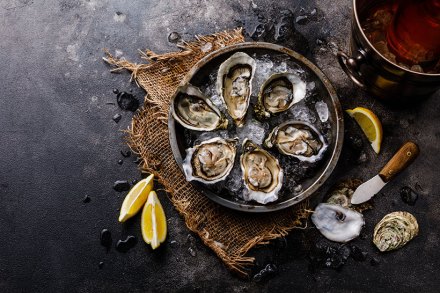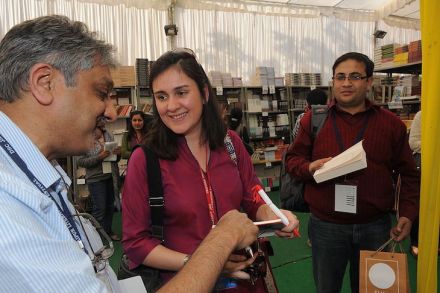Having a baby is like joining a cult — full of other, more capable mothers
When you’re not a mother it’s hard to imagine what motherhood is like. Anyone you know who becomes one assures you that you have no idea what it’s like, and replaces you with some other woman who does, and you never see her again. The End. So then you have to tax your mother on the subject. ‘What’s it like — giving birth?’ And she says: ‘It’s fine. You just breathe,’ before snorting derisively, ‘but she had gas and air’ when an aunt later claims to have done it without any pain relief. In the absence of any actual information from any source whatsoever you start to blame the omertà














